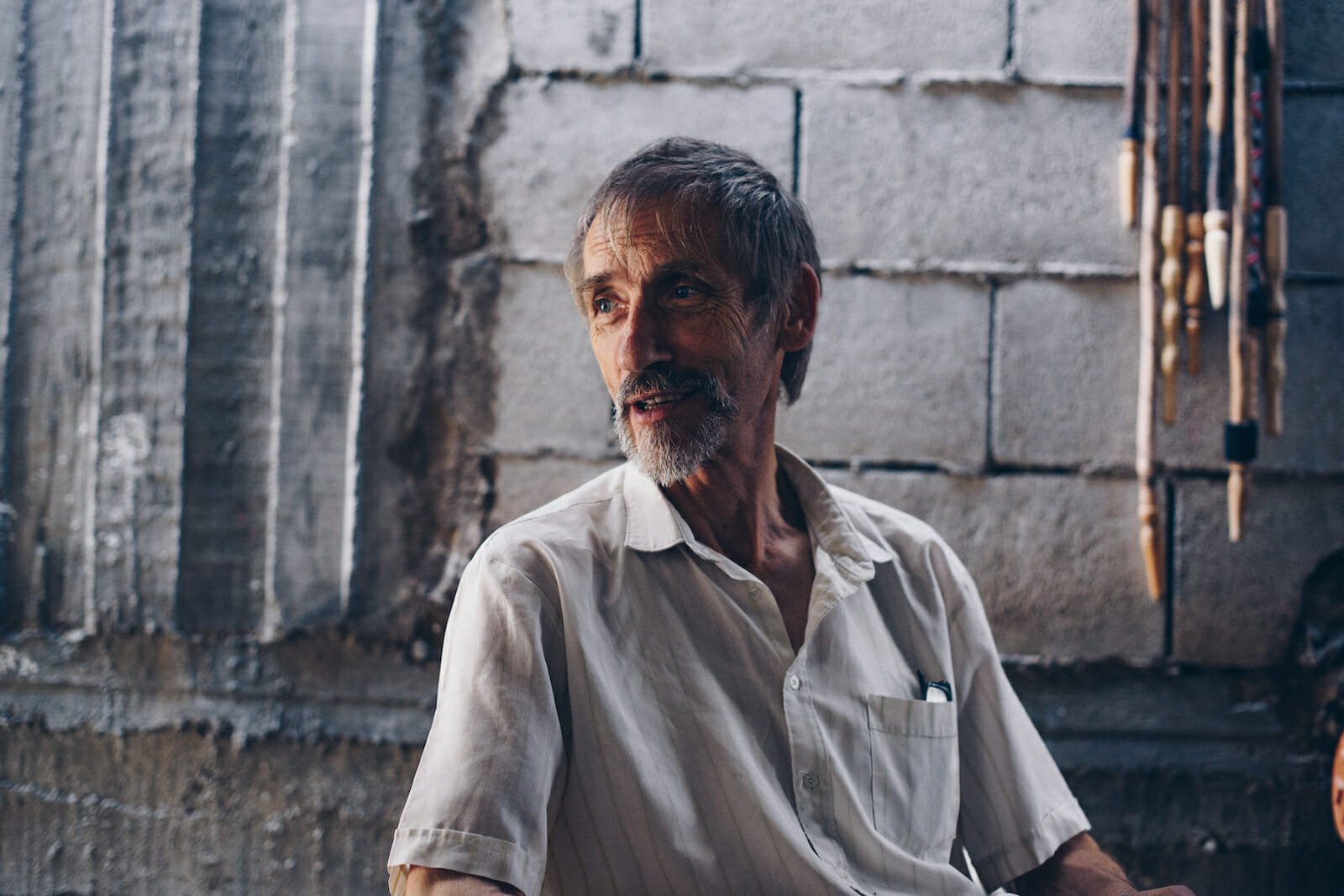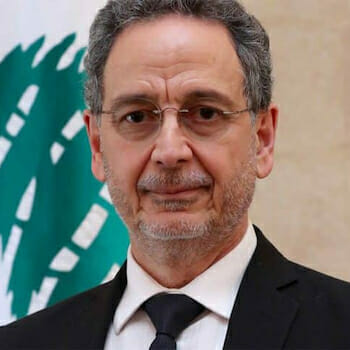
Lebanon’s Misguided Government Subsidies are Quickly Eating up its Foreign Reserves
The Lebanese people have faced several major crises since 2018 which has resulted in a severe contraction of the country’s GDP (expected -19.2% in 2020), a massive increase in inflation (145.8% in December 2020, year-on-year), coupled with a tremendous devaluation of the local currency (at least by a factor of 5). In an effort to curb inflation and protect consumers from soaring prices on some commodities, subsidies were introduced in September 2019 on critical goods and essential items (e.g., medication, fuel, food, etc.).
The subsidies were designed such that the Lebanese central bank covers a portion of the exchange rate from Lebanese pounds to U.S. dollars needed to import these commodities, i.e., gives the importers access to scarce dollars at a preferential rate. The central bank charges wholesalers and the government a rate of 1,515 pounds per U.S. dollars for 85 to 90% of the value of essential items of wheat, medication, fuel, and a rate of 3,900 pounds for 100% of the value of a separate basket of key commodities, while the current black market exchange rate hovers close to 9,000 pounds to a dollar.
It is estimated that the central bank’s current foreign exchange subsidy scheme will deplete its reserves by approximately $7 billion in 2021 if no changes are implemented. The Lebanese central bank’s interventions to prevent the inflationary depreciation of the local currency and mitigate the effect of the crises on Lebanese households are unsustainable and costly and should be replaced by a better scheme immediately.
It is not only a matter of the shortage in foreign reserves, but the current subsidies are known to be inefficient, distort markets, and mainly support the rich. For example, only 6% of total transport fuel subsidies in Lebanon are received by the poorest quartile, compared to 55% by the richest quartile. Moreover, millions of non-Lebanese benefit from the government subsidies. In addition, authorities are unable to monitor prices of subsidized products across the whole country, and even worse, control smuggling across the border. In summary, the current scheme is unaffordable, inequitable, and inefficient as a policy instrument to help the poor and vulnerable but was necessary as a quick fix until a full-fledged program is designed and implemented.
A few months ago, the central bank governor issued a warning saying that due to low foreign reserves, the central bank will have to discontinue the subsidies. Lifting subsidies abruptly without having an alternative plan will lead the country into a severe inflation scenario, perhaps even hyperinflation, further destroying the value of the local currency. Social unrest and a deterioration of the security situation will probably ensue.
Before eliminating the current subsidy program, the government should introduce an unconditional cash transfer (UCT) program as compensation to its heavily impacted citizens. UCTs have proven to be more efficient and cheaper than subsidizing goods or even distributing in-kind donations such as food boxes, and have a lower overhead compared to conditional cash transfer programs. While the richer families benefit more from the current subsidy scheme, UCT better targets the poor and more vulnerable families and limits any abuse or misuse of public funds. More importantly, UCT will put an end to or at the very least drastically reduce across the border smuggling since prices of fuel and other items will rise to reflect market prices. According to research conducted by MIT’s Poverty Action Lab, UCTs have been shown to increase household assets, consumption, psychological well-being, and food security. Last but not least, cash transfers allow households to have autonomy over their own lives by giving them the flexibility of choosing between different bundles of goods and services.
A plan was devised by the Ministry of Economy and Trade with technical assistance from the World Bank. The program is designed to start with broad coverage of around 80% of the population (as the vast majority of Lebanese have been or will be heavily impacted by the economic situation and the discontinuation of the subsidies) in the first year and then gradually reduce the coverage to 30% in the fifth and last year of the program. Initially, 20% of the population can be identified and excluded through affluence testing. The monthly amount also varies starting at $50 per adult ($25 per child) in year one and is then scaled down to $30 per adult ($15 per child) in the fifth year. The amount is designed to cover the essential needs of the poorest households and to offer purchasing power compensation for essential goods for the others. The subsidy amount covers 101% of the essential needs of the poorest 25% of the population and 41% of the third quartile during the first year. These percentages decline to 53% and 21% respectively in year five.
Payments should be made via prepaid cards (or mobile wallets). That being said, the currency of choice should be U.S. dollars for two important reasons: In order not to increase the money supply and hence further devalue the currency, and two, that would preserve the purchasing power of recipients and avoid having to revise the amount disbursed due to changes in the exchange rate.
In parallel with launching the UCT program, the subsidies will be removed by phases in the following order: All essential items, bread, and fuel (excluding fuel for the electric utility and medication); fuel to the electric utility; and medication and medical supplies. However, even before lifting the subsidies on medication, the list of items covered should be rationalized. For example, the government can subsidize only the cheapest generic medicine alternatives. This process has to be preceded and accompanied by a carefully studied communication and outreach campaign.
The cost of the proposed program is estimated to be in the range of $1.5 billion the first year with an average cost of $800 million per year over 5 years. The annual budget matches the budget proposed in the negotiations with the IMF for the social safety net as part of the overall program. It is possible to integrate this cash transfer program into the recently approved loan from the World Bank for an Emergency Social Safety Net (ESSN). The ESSN has a budget of $246 million and the monthly transfers are intended to cover the food component of a Survival Minimum Expenditure Basket for approximately 20% of the population. Consequently, the proposed program can be viewed as a scaling up and broadening of the scope of the ESSN. The financing of this program is considered to come from a combination of international assistance and budgetary allocations.
The net savings due to replacing the existing subsidy scheme with the proposed UCT (and taking into consideration the reduced demand due to higher prices and lower-income per capita) is estimated to be $13.7 billion over five years. Ideally, this should be done as part of a comprehensive macroeconomic stabilization plan. However, the cost of delaying the change in government policy is immense on the economy and public welfare. Consequently, the Lebanese parliament should proceed very quickly to passing a law approving the UCT, while the database is being built simultaneously.
The views expressed in this article are those of the authors alone and do not necessarily reflect those of any institutions with which the authors are associated.


